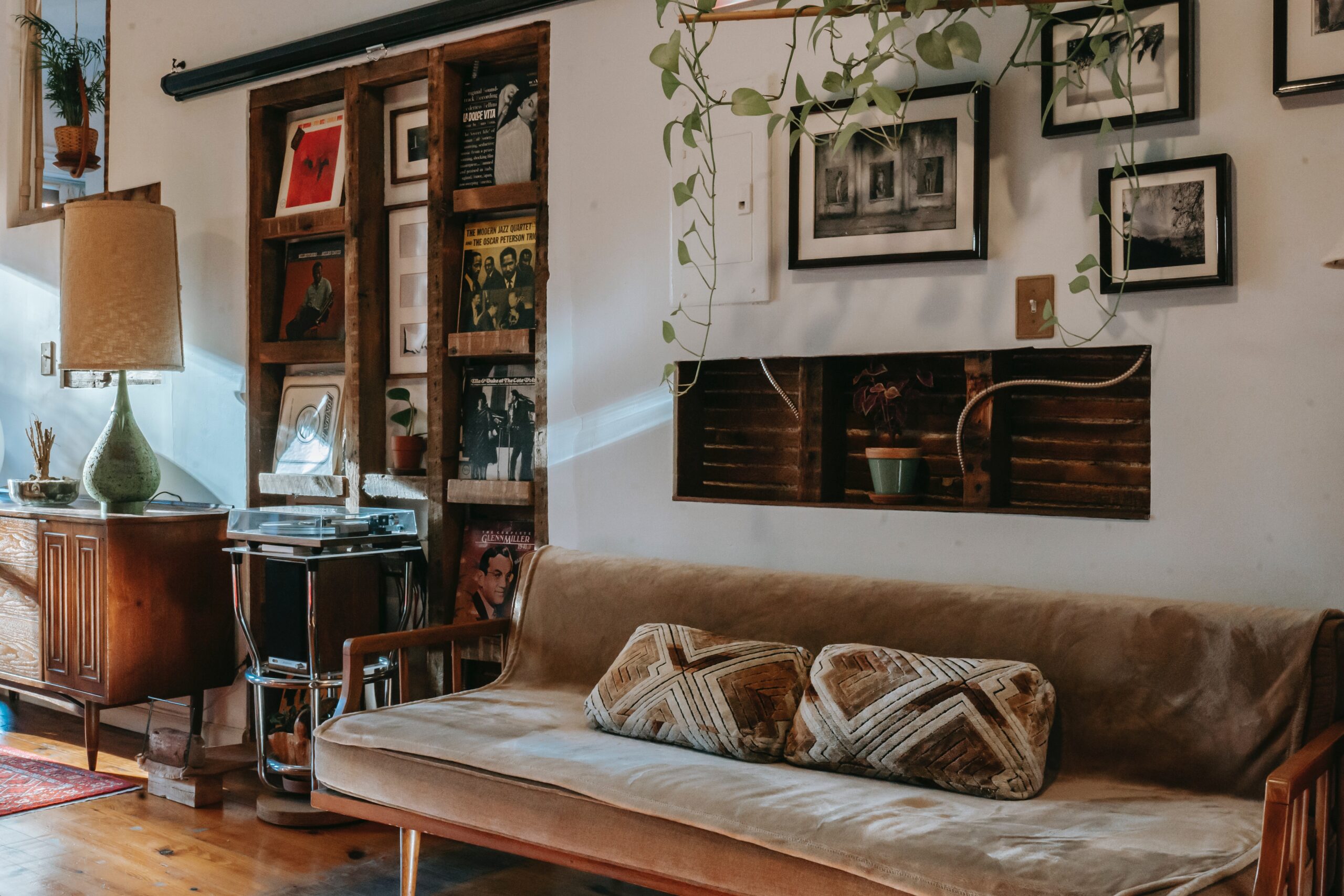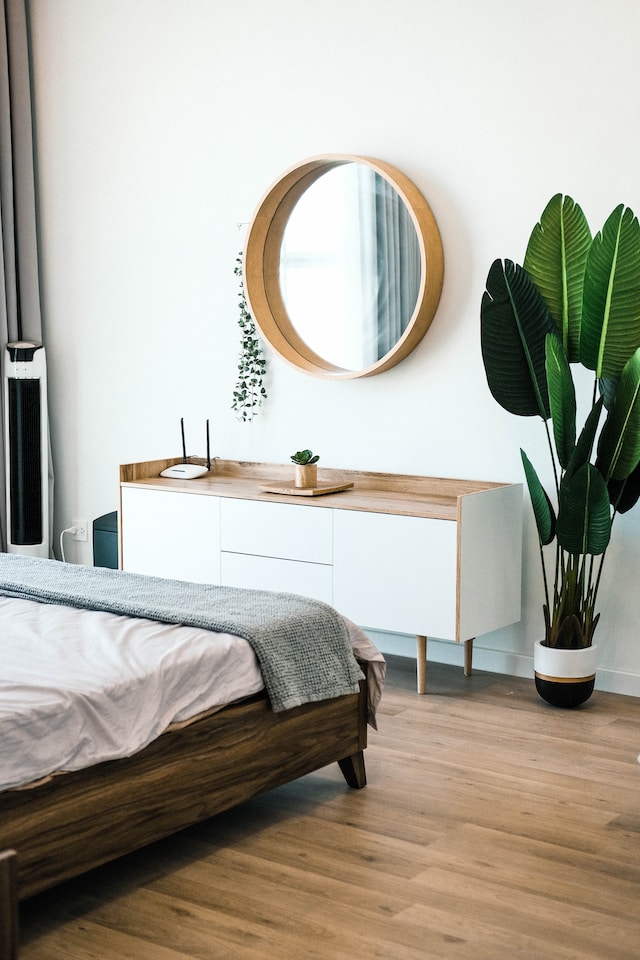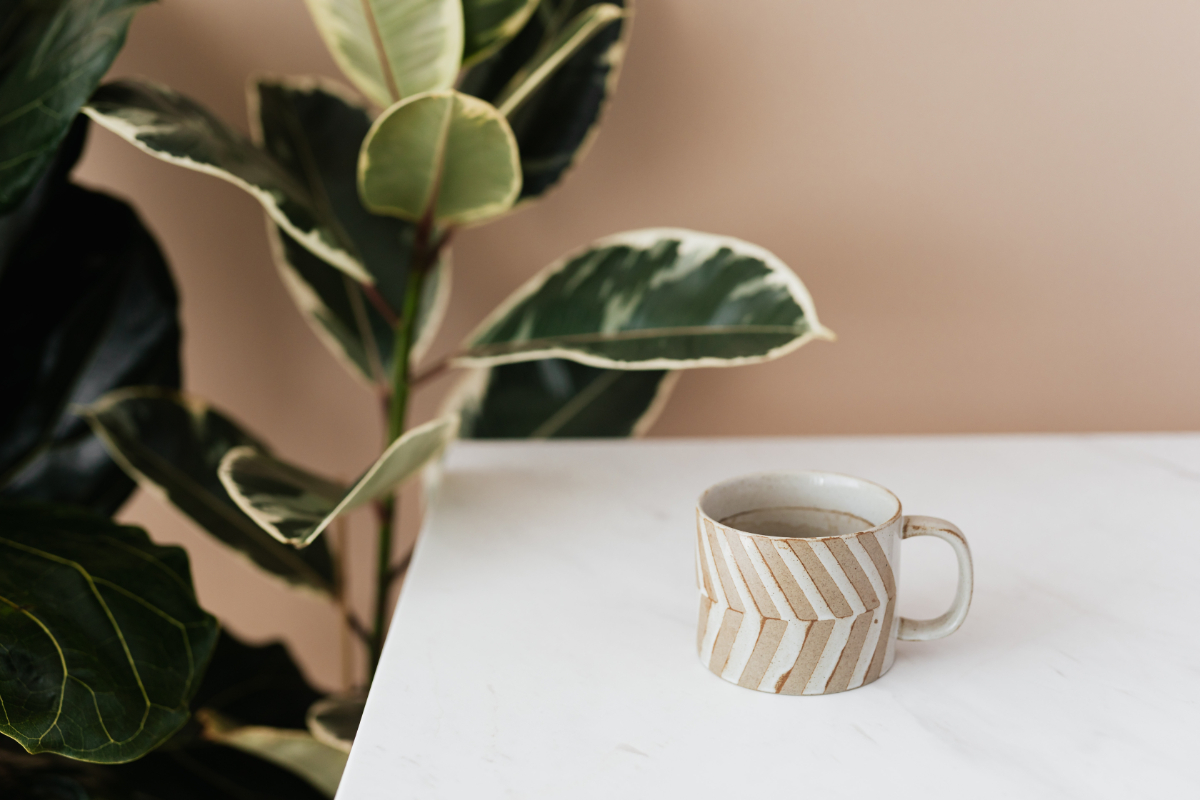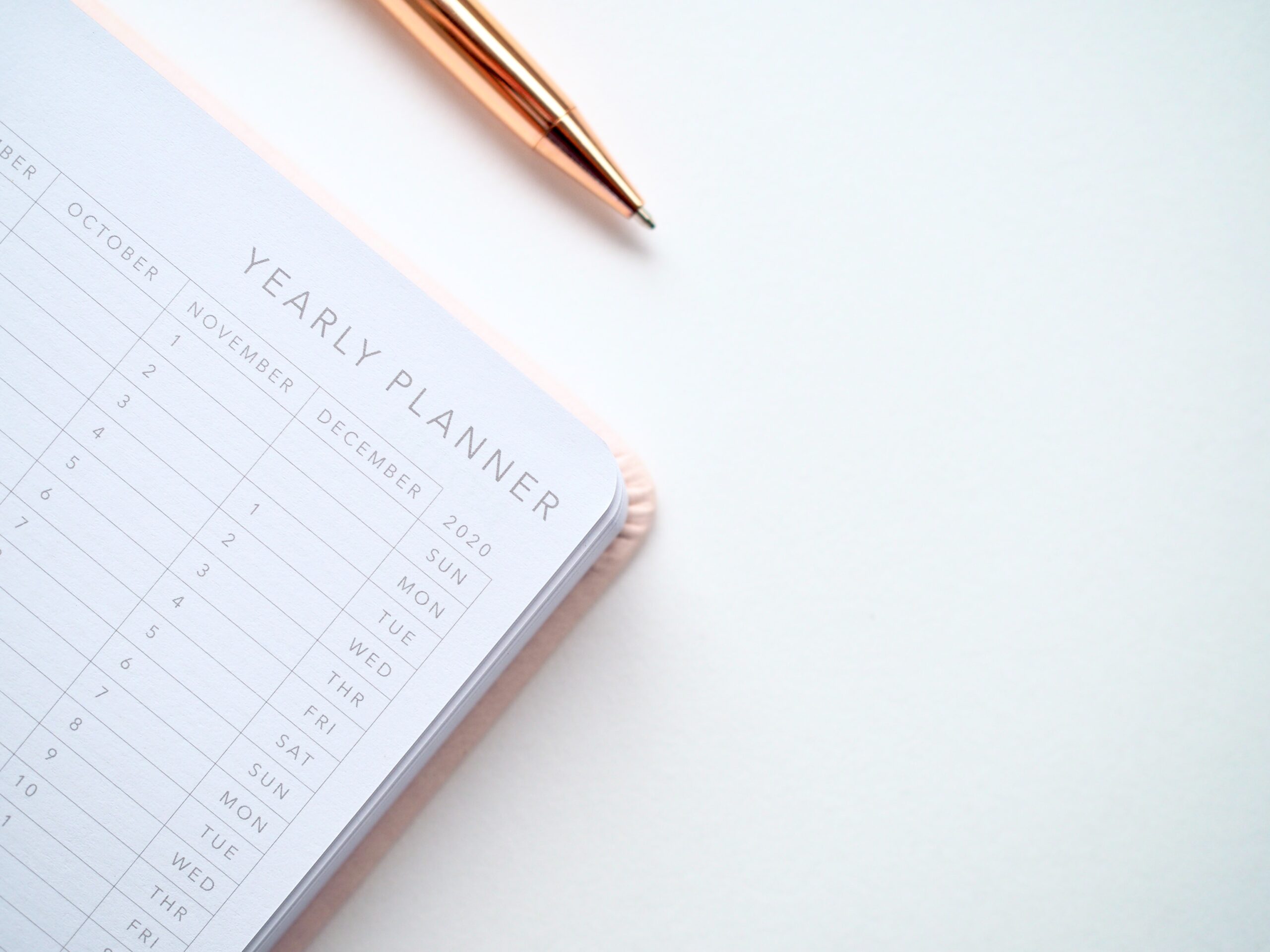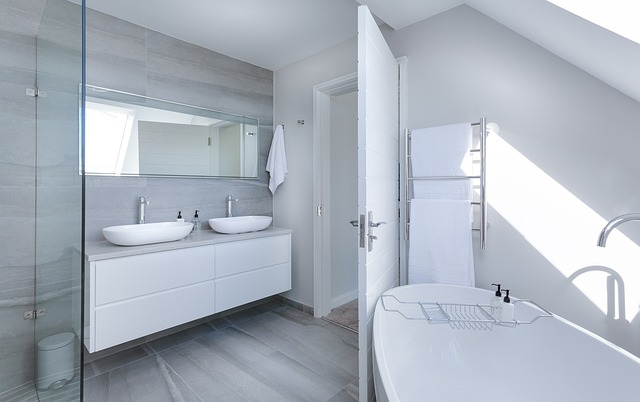The Hidden Costs of Clutter and Its Impact on Your Life
There are some affiliate links below, but they are all products I highly recommend. For more info, view my disclosure here.
Do you often find yourself surrounded by clutter? It may seem harmless, but the truth is, that mess is impacting your life in more ways than you realize. The hidden costs of clutter are far-reaching and can have a significant negative impact on your well-being. From increased stress levels to hindered decision-making abilities, the consequences of a disorganized environment are numerous.
Not only does clutter create a chaotic and overwhelming atmosphere, but it also decreases your productivity and negatively affects your mental health. Furthermore, it strains your relationships and can even impact your physical health and safety.
The good news is, there are ways to combat the hidden costs of clutter and regain control over your life. In this article, we will explore the detrimental effects of mess and provide you with practical tips for decluttering and organizing your space.
It’s time to take charge and transform your environment for the better.
Increased Stress Levels
Clutter’s impact on stress levels can’t be overlooked, as it gradually encumbers our minds, leaving us trapped in a constant state of unease. When our physical space is cluttered, it can lead to mental clutter as well.
The visual chaos of a messy environment bombards our senses, making it difficult to relax and find peace of mind.
The presence of clutter also creates a sense of overwhelm and a feeling of being out of control. It becomes a constant reminder of unfinished tasks and responsibilities, causing our stress levels to skyrocket. The more clutter we have, the more our minds feel cluttered too.
Not only does clutter contribute to increased stress levels, but it also hinders our ability to focus and concentrate. A cluttered environment can be distracting, making it challenging to prioritize and complete tasks efficiently. Our minds become scattered, trying to process the overwhelming amount of visual information around us, leading to decreased productivity and increased frustration.
Moreover, the accumulation of clutter can also lead to feelings of guilt and shame. We may feel embarrassed to invite friends or family into our homes, fearing judgment or criticism. This constant worry about what others may think adds an additional layer of stress to our lives.
Clutter has a profound impact on our stress levels. It overwhelms our minds, hinders our ability to focus, and creates feelings of guilt and shame. By decluttering our physical space, we can free ourselves from this constant state of unease and create a more peaceful and harmonious environment.
Decreased Productivity
The mess in our surroundings hampers our ability to stay focused and be productive. When our environment is cluttered, it becomes difficult to concentrate on the task at hand. Your mind is constantly being pulled in different directions as you try to navigate through the chaos.
The piles of papers, scattered objects, and overflowing drawers create a visual distraction that prevents you from giving your full attention to the work in front of you. In addition to the visual distraction, clutter also has a negative impact on your cognitive abilities. Research has shown that a disorganized environment can lead to decreased cognitive functioning, making it harder to process information and make decisions efficiently. Your brain is constantly processing the visual stimuli around you, and when it is bombarded with clutter, it becomes overwhelmed and fatigued.
Furthermore, clutter can also lead to a decrease in motivation and creativity. When your workspace is cluttered, it can be difficult to find the inspiration to start a new project or come up with innovative ideas. The mess serves as a constant reminder of unfinished tasks and can make you feel overwhelmed and unmotivated.
To combat these negative effects, it’s important to declutter and organize your surroundings. By creating a clean and organized workspace, you can improve your focus, increase your productivity, and unleash your creativity. So, take the time to clear away the clutter and reap the benefits of a tidy environment.
Negative Impact on Mental Health
Improve your mental health by decluttering and organizing your surroundings. The negative impact of clutter on your mental well-being can’t be underestimated. Living in a chaotic environment can cause stress, anxiety, and overwhelm.
When your physical space is cluttered, it can be difficult to relax and find peace of mind. Being constantly surrounded by mess can lead to a constant state of mental clutter as well.
Clutter has a way of reminding you of unfinished tasks or unresolved issues, which can create a sense of unease and hinder your ability to focus. It can also make it harder to find things, causing frustration and adding to your stress levels. The constant visual stimulation of clutter can overload your senses and make it difficult to find a sense of calm.
On the other hand, decluttering and organizing your space can have a profoundly positive impact on your mental health. Creating an organized and tidy environment can help promote a sense of calm and clarity. It allows you to focus on the present moment and reduces the mental burden of constantly being surrounded by chaos.
By taking the time to declutter and organize your surroundings, you’re actively investing in your mental well-being. It may take some effort and time, but the benefits are worth it. Start small, tackle one area at a time, and gradually work your way towards a clutter-free space. Your mental health will thank you.
Hindered Decision-Making Abilities
Hindered decision-making abilities can be a result of living in a disorganized and cluttered environment. When your physical space is cluttered, it can lead to mental clutter as well. Your brain becomes overwhelmed with the sheer amount of stimuli and distractions around you, making it difficult to focus and make clear decisions.
The constant visual reminders of unfinished tasks and clutter can create a sense of unease and anxiety, further hindering your ability to make decisions.
In a cluttered environment, finding what you need becomes a daunting task. Important documents, bills, and other items can easily get lost amidst the mess, causing unnecessary stress and confusion. This can lead to missed deadlines, late payments, and missed opportunities. The constant search for things also wastes valuable time and energy that could be better spent on productive activities.
Living in a cluttered environment can also lead to decision paralysis. With so many items and options to choose from, it becomes overwhelming to make even simple decisions. This can range from deciding what to wear in the morning to making important life choices. The clutter acts as a constant reminder of the decisions that need to be made, adding to the mental burden.
To improve your decision-making abilities, it’s important to declutter and organize your living space. Clearing the physical clutter can lead to a clearer mind, allowing you to focus and make decisions more effectively. By creating a calm and organized environment, you can regain control over your life and improve your decision-making skills.
Strained Relationships
Living in a cluttered environment can cause strain on relationships, leading to feelings of frustration and disconnection. When your living space is cluttered, it can create a sense of chaos and disorganization, which can be overwhelming for both you and your loved ones.
The constant visual reminder of unfinished tasks and clutter can lead to tension and arguments, as it becomes difficult to find things or maintain a sense of order. A cluttered environment can also create a sense of embarrassment or shame, especially when you have guests over. It can be embarrassing to have to apologize for the mess or constantly try to explain why things are disorganized. This can create a barrier between you and your loved ones, as it may make them feel uncomfortable or unwelcome in your home.
Moreover, clutter can lead to miscommunication and misunderstandings. When things are cluttered and disorganized, it becomes harder to find important documents or items, leading to frustration and potential conflicts. It can also lead to resentment, as one person may feel like they are constantly picking up after the other.
To maintain and nurture healthy relationships, it is important to create a clutter-free environment. By decluttering and organizing your living space, you can reduce tension, improve communication, and create a more harmonious atmosphere for you and your loved ones.
Reduced Physical Health and Safety
In the midst of a cluttered environment, your physical health and safety are at risk. The accumulation of clutter can lead to reduced physical well-being and increased hazards in your daily life.
When your living space is cluttered, it becomes difficult to maintain proper hygiene. Dust, allergens, and mold can thrive in the chaos, triggering respiratory issues and allergies. The clutter also provides hiding spots for pests such as rodents and insects, further compromising your health.
Additionally, navigating through cluttered spaces increases the likelihood of accidents and injuries. Tripping over items or slipping on a misplaced object can result in sprains, fractures, or even more severe consequences.
Moreover, clutter can obstruct emergency exits, making it challenging to escape in case of a fire or other emergencies. The cluttered environment also hinders effective cleaning and maintenance, potentially leading to structural damage and costly repairs.
By reducing clutter and creating a clean and organized space, you can improve your physical health and safety. Regular cleaning, decluttering, and organizing can help create a safer and healthier living environment, allowing you to thrive and enjoy life to the fullest.
Tips for Decluttering and Organizing
Take a look at these helpful tips for decluttering and organizing your living space to create a more efficient and enjoyable environment.
First, start small. Tackling the entire house at once can feel overwhelming, so begin with one room or even just one area within a room. Set achievable goals for each session, whether it’s clearing out a specific drawer or organizing a shelf. This will give you a sense of accomplishment and motivate you to keep going.
Next, categorize your belongings. Sort items into different piles or boxes based on their purpose or where they belong. This will make it easier to see what you have and make decisions about what to keep, donate, or discard. Remember, the goal is to reduce clutter, not just rearrange it.
Create designated storage spaces for items that you use frequently. This could be a shelf, a drawer, or a specific area on your countertop. Keep these spaces organized and clutter-free to make it easier to find what you need when you need it.
Lastly, develop a system for maintaining your newly organized space. Regularly schedule decluttering sessions to prevent clutter from building up again. Make it a habit to put things back in their designated places after using them.
By implementing these tips, you can transform your living space into a functional and welcoming environment.
